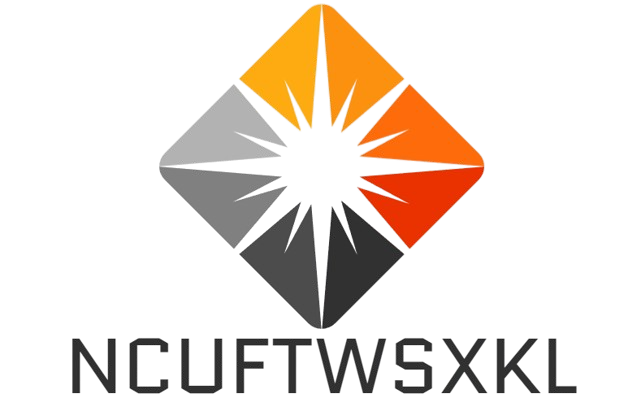Many people dream of owning a home. Unfortunately, many people do not have the knowledge to obtain the necessary financing. Learn all you can about the process of obtaining financing to buy a home. The following article will help teach you everything you should know about a mortgage.
Get your documents ready before you go to a mortgage lender. You should have an idea of the documents they will require, and if you don’t, you can ask ahead of time. Most mortgage lenders will want the same documents, so keep them together in a file folder or a neat stack.
Before applying for a mortgage loan, check your credit score and credit history. Any lender you visit will do this, and by checking on your credit before applying you can see the same information they will see. You can then take the time to clean up any credit problems that might keep you from getting a loan.
You should know that some mortgage providers sometimes approve clients for loans they cannot really afford. It is up to you to make sure you will be able to make the payments on time over the next years. It is sometimes best to choose a smaller mortgage even though your mortgage provider is being generous.
If you are offered a loan with a low rate, lock in the rate. Your loan may take 30 to 60 days to approve. If you lock in the rate, that will guarantee that the rate you end up with is at least that low. Then you would not end up with a higher rate at the end.
Look into no closing cost options. If closing costs are concerning you, there are many offers out there where those costs are taken care of by the lender. The lender then charges you slightly more in your interest rate to make up for the difference. This can help you if immediate cash is an issue.
If you can afford the higher payments, go for a 15-year mortgage instead of a 30-year mortgage. In the first few years of a 30-year loan, your payment is mainly applied to the interest payments. Very little goes toward your equity. In a 15-year loan, you build up your equity much faster.
ARM stands for adjustable rate mortgages. These don’t expire when the term is over. The rate is adjusted accordingly using the rate on the application you gave. This means the mortgage could have a higher interest rate.
Once you have taken out your mortgage, consider paying extra every month to go towards the principle. This lets you repay the loan much faster. For example, if you pay a hundred bucks every month and that goes towards the loan’s principal, it could make the loan last 10 years less.
Consider having an escrow account tied to your loan. By including your property taxes and homeowners insurance into your loan, you can avoid large lump sum payments yearly. Including these two items in your mortgage will slightly raise the monthly payment; however, most people can afford this more than making a yearly tax and insurance payment.
If you’re not able to get a mortgage from your credit union or bank, try getting in touch with mortgage brokers. A mortgage broker may be able to locate a loan for your needs more easily than than the usual lenders. They work with different lenders to get the best option for you.
Remember, no home mortgage is “a lock” until you’ve closed on the home. A lot of things can affect your home mortgage up to that point, including a second check of your credit, a job loss, and other types of new information. Keep your finances in check between your loan approval and the close to make sure everything goes as planned.
Avoid mortgages with an interest rate that is variable. You really are at the whim of the economy with a variable interest rate, and that can easily double what you are paying. You might become unable to afford your house payments, and this would be terrible.
If you can, you should avoid a home mortgage that includes a prepayment penalty clause. You may find an opportunity to refinance at a lower rate in the future, and you do not want to be held back by penalties. Be sure to keep this tip in mind as you search for the best home mortgage available.
Before you even start looking at a new home to buy, try to get pre-approved for a home. This will give you confidence when looking for a new home and let you know what your budget is. It will also save you from choosing a home only to find out you cannot secure a large enough loan to purchase it.
Don’t be fooled by mortgage lenders that say there are “zero costs” to you at closing. It’s typically a marketing ploy. The mortgage company places those funds either into the loan itself, or they are charging you a higher interest rate for the zero cost privilege. Either way, know that you are paying more over time.
There is more to saving money on your mortgage than just getting a low interest rate. How long they expect you to make payments for will play a huge role in how much you spend over time, and how quickly your mortgage is paid off. Also, will you be able to put down lump sums yearly to help pay it off more quickly?
Clearly, it is very challenging to understand the home mortgage process. You must, however, try to learn the ins and outs if you want to feel good about the process. Use what you’ve gone over here to start you off and in the future you can still learn more online or in books.



